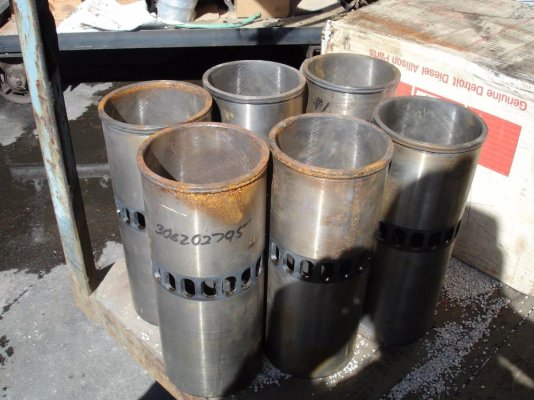BrisHamish
Senior Member
- Joined
- Apr 7, 2016
- Messages
- 223
- Location
- Australia
- Vessel Name
- Beluga
- Vessel Make
- Grand Banks 46eu 2006 hull#289
The purpose of this post is to start a separate thread on oil centrifuges for main engines, from those who have them and know about them, please.
In a separate TF thread others have recently mentioned this subject.
I once read a thread from a trawler charter company in the USA, NW Explorations, where the Director said he installed oil centrifuges on most of the charter fleet and subsequently saw significantly prolonged engine life. I have been intrigued about these ever since.
My CAT C7s turn the oil black very quickly after a full service (and that service happens every 200 hours or 12 months, whichever comes first). I NEVER want to have to replace those engines if I can help it, hence my interest in this topic.
Over here in Australia, my enquiries about oil centrifuges for engines of the C7 size (7 litre, in line 6, turbocharged) have met with a blank wall, so grateful for any thoughts about where to get them, cost, usefulness etc.
Thanks,
H.
In a separate TF thread others have recently mentioned this subject.
I once read a thread from a trawler charter company in the USA, NW Explorations, where the Director said he installed oil centrifuges on most of the charter fleet and subsequently saw significantly prolonged engine life. I have been intrigued about these ever since.
My CAT C7s turn the oil black very quickly after a full service (and that service happens every 200 hours or 12 months, whichever comes first). I NEVER want to have to replace those engines if I can help it, hence my interest in this topic.
Over here in Australia, my enquiries about oil centrifuges for engines of the C7 size (7 litre, in line 6, turbocharged) have met with a blank wall, so grateful for any thoughts about where to get them, cost, usefulness etc.
Thanks,
H.

